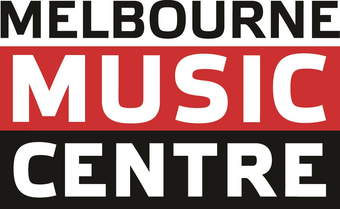The classical guitar, with its elegant curves and mellifluous tones, holds a timeless allure as an instrument of choice for aspiring musicians embarking on their musical journey. Renowned for its accessibility, versatility, and rich heritage, the classical guitar stands as a captivating entry point into the world of strings, often serving as a stepping stone before exploring the realms of electric guitars. In this exploration, we uncover the reasons why the classical guitar garners widespread popularity among beginners as their inaugural musical companion.
-
Accessibility and Ease of Learning:
- Compared to some other instruments, the classical guitar offers a relatively gentle learning curve for beginners. Its nylon strings are softer on fingers, allowing novices to build finger strength and dexterity gradually.
-
Versatility in Musical Styles:
- Beyond its classical roots, the classical guitar is incredibly versatile, accommodating various genres from folk and flamenco to pop and contemporary acoustic music. This versatility allows beginners to explore diverse musical styles and techniques.
-
Emphasis on Fundamentals:
- Learning on a classical guitar instills a strong foundation in music theory, technique, and proper posture. Beginners develop essential skills such as fingerpicking, chord progressions, and reading sheet music, setting a solid groundwork for future musical pursuits.
-
Expressive and Melodic Potential:
- The classical guitar's warm and expressive tones make it an ideal instrument for conveying emotions through melodies. Its intimate sound invites players to explore a wide range of emotions within their music.
-
Cost and Portability:
- Compared to electric guitars and their accompanying amplifiers, classical guitars are often more affordable, making them an accessible choice for beginners. Additionally, their smaller size and lack of amplification requirements offer ease in transportation and practice.
-
Cultural and Artistic Heritage:
- Rooted in centuries-old traditions, the classical guitar's rich heritage fosters an appreciation for classical music and the artistry of past composers, nurturing a deeper understanding of music history.
-
Transitional Role to Other Instruments:
- Learning on a classical guitar lays a solid foundation for transitioning to other guitar types. The skills acquired—such as finger dexterity, musical understanding, and discipline—provide a smooth transition to electric or other acoustic guitars.
The classical guitar stands as a beacon for budding musicians, offering a harmonious blend of accessibility, versatility, and expressive potential. Its role as a first instrument is rooted not only in its musical merits but also in the foundational skills it imparts to beginners. As enthusiasts embark on their musical odyssey with the classical guitar, they not only embrace its enchanting sounds but also set the stage for a lifelong journey filled with musical exploration and artistic expression.
At Melbourne Music Centre we have a range of classical guitars to suit all ages and experience levels: Click here to find out more!

